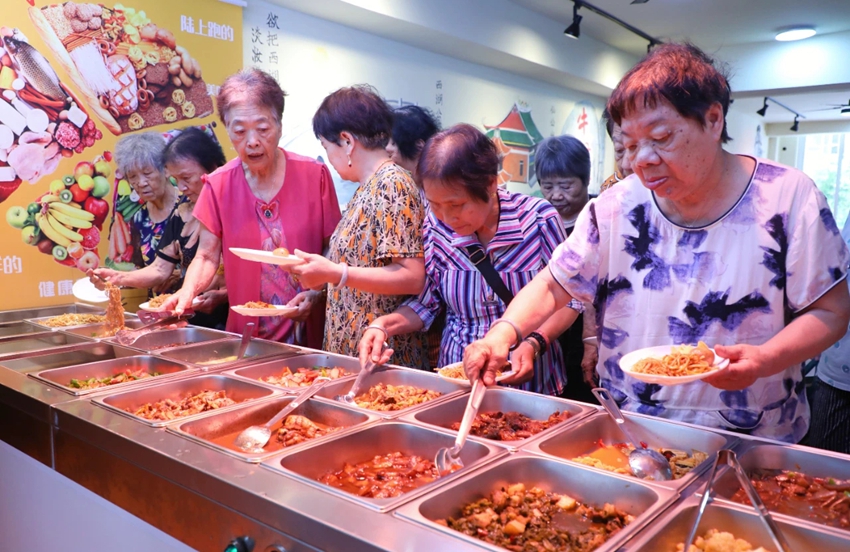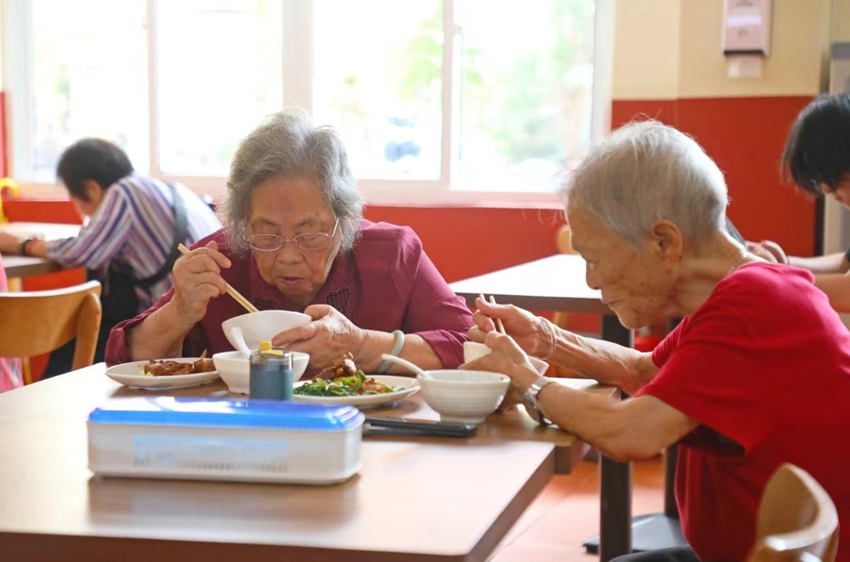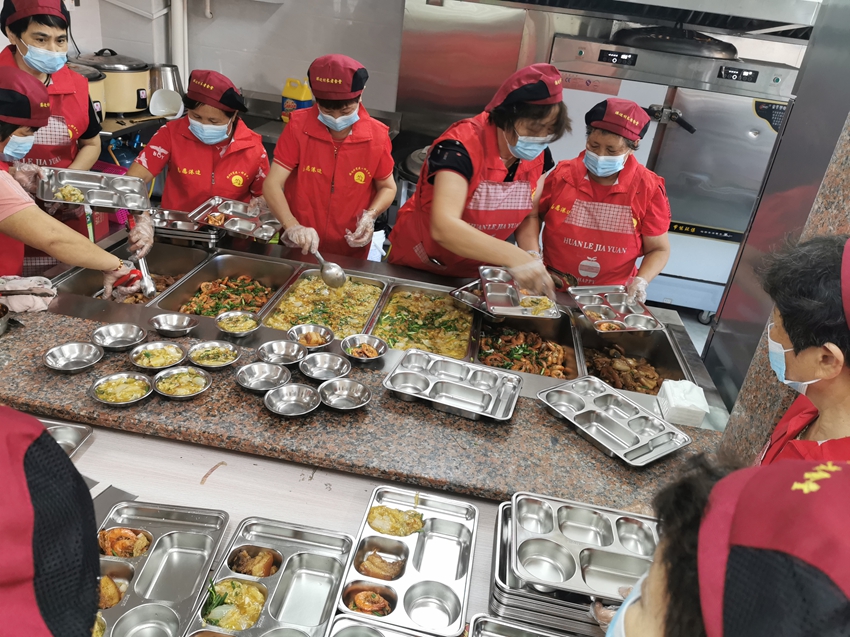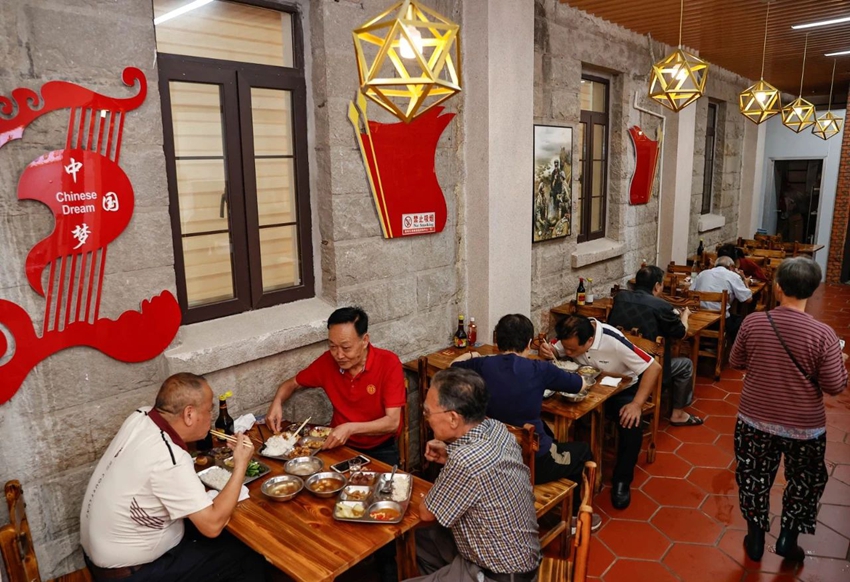- About
- Sustainability
By Chen Linghong, with interns Hong Yiling and Zhuang Xiaohong. Department photos provided.
From unlimited self-service meals to free dining via a number-ticket system and even meal delivery services, Quanzhou has transformed the way it supports its senior citizens. Since launching elder-friendly dining hall initiatives in 2019, the city has built 265 facilities as of August 2024.
But how sustainable are these initiatives? A closer look shows that approximately 162 of these dining halls offer at least 100 meal services per year, with 105 surpassing 200 annual services. These achievements stem from localised strategies, including third-party operations, charitable donations, and village mutual-aid models, which creatively address the real-life needs of each community.


Evolving from Care Homes to Community Anchors
According to the Elderly Services Division of Quanzhou's Civil Affairs Bureau, the program first grew out of existing elderly care facilities like senior activity centres and nursing homes. It has since expanded, with communities and villages contributing space, and certified third-party caterers joining the effort.
Of the 265 canteens, 88 were newly established in 2024. Targeted upgrades—referred to as "priority rectifications"—have brought many up to standard.
Government and Community Support
The Quanzhou government typically provides a one-time construction grant of RMB 300,000 (~USD 41,000) for each dining hall. In Anxi County, the local Civil Affairs Bureau and Charitable Association offer a daily dining subsidy of RMB 2 per senior. The Taiwan Investment Zone provides up to RMB 10 per senior per meal, capped at RMB 30,000 annually per facility.
These best practices are being shared across the region to help other counties develop tailored and sustainable solutions, often integrated into "Party-building + Neighbourhood Centres" for long-term social support.


Three Models for Sustainable Elder Nutrition Services
■ Model 1: Third-Party Operations
Around 55 canteens are run by private operators, mostly in urban centres. These facilities balance care with commercial viability by offering banquet catering and food delivery services to supplement operating costs.
■ Model 2: Charitable Donations
In cities like Jinjiang and Shishi, strong philanthropic cultures support dining halls through generous contributions from overseas Chinese and local benefactors. Here, financial concerns are secondary to ensuring elders eat well and with dignity.
■ Model 3: Village Mutual Aid
In rural areas such as Yongchun and Dehua, villagers lead the way by growing their own produce and preparing meals together. This self-reliant model has become a successful prototype for grassroots elder care.
In 2024, Quanzhou will provide operational subsidies to 200 happiness homes (elderly activity centres), prioritising those that run community canteens. These dining halls, built on local strength and ingenuity, offer more than just meals—they serve up community, dignity, and sustainability for the city's ageing population.
